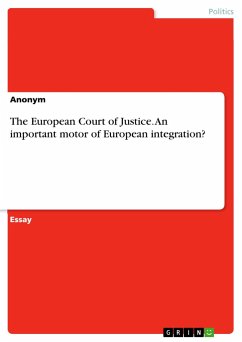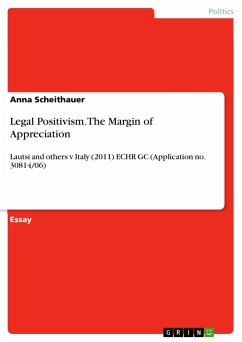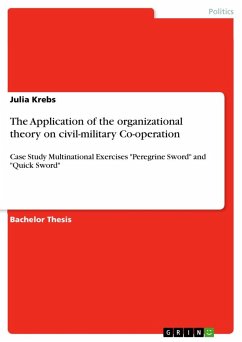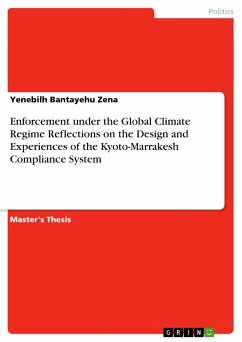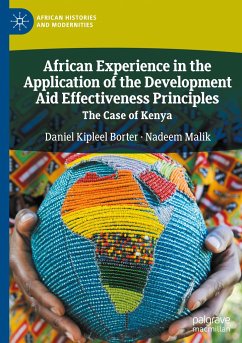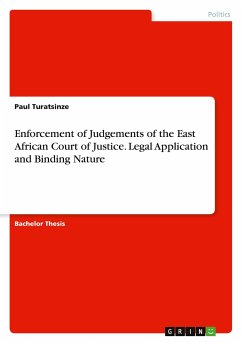
Enforcement of Judgements of the East African Court of Justice. Legal Application and Binding Nature

PAYBACK Punkte
0 °P sammeln!
Bachelor Thesis from the year 2022 in the subject Politics - Topic: Public International Law and Human Rights, grade: 82, University of Rwanda, course: LAW, language: English, abstract: This thesis analyses the enforcement of judgements of the East African Court of Justice. The most generic challenge faced by many international courts is the level of obedience by their member states. The EACJ is not an island to this common reflection. Essentially, international courts are influential only when their decisions are easily complied with and executed by member states. If not, as with the case of ...
Bachelor Thesis from the year 2022 in the subject Politics - Topic: Public International Law and Human Rights, grade: 82, University of Rwanda, course: LAW, language: English, abstract: This thesis analyses the enforcement of judgements of the East African Court of Justice. The most generic challenge faced by many international courts is the level of obedience by their member states. The EACJ is not an island to this common reflection. Essentially, international courts are influential only when their decisions are easily complied with and executed by member states. If not, as with the case of the EACJ, then, such an international court will always be on the brink of being toothless and ineffective. At the end of each reference, the EACJ delivers a judgment. It also issues interim orders carrying a status similar to that of a court judgment. Member States as well as the Council are bound to implement EACJ judgments without delay. But there are no established mechanisms to ensure compliance in the event that a state refuses to implement a decision against it. Since 2005 the EACJ has dealt with more than 190 matters. What is intriguing in those judgments is tracking the extent to which they have been met with compliance. Member States have not been sanctioned when they have failed to comply with the EACJ's decisions. It is a matter of fact and a matter of principle that the nature of EACJ judgments is declaratory, and this tends to attract noncompliance. The best the Court can offer is to declare violations of the law, give orders for injunctive relief, and award costs to the successful applicants. The costs order depends on the nature of the case. Public interest cases do not attract costs orders.




